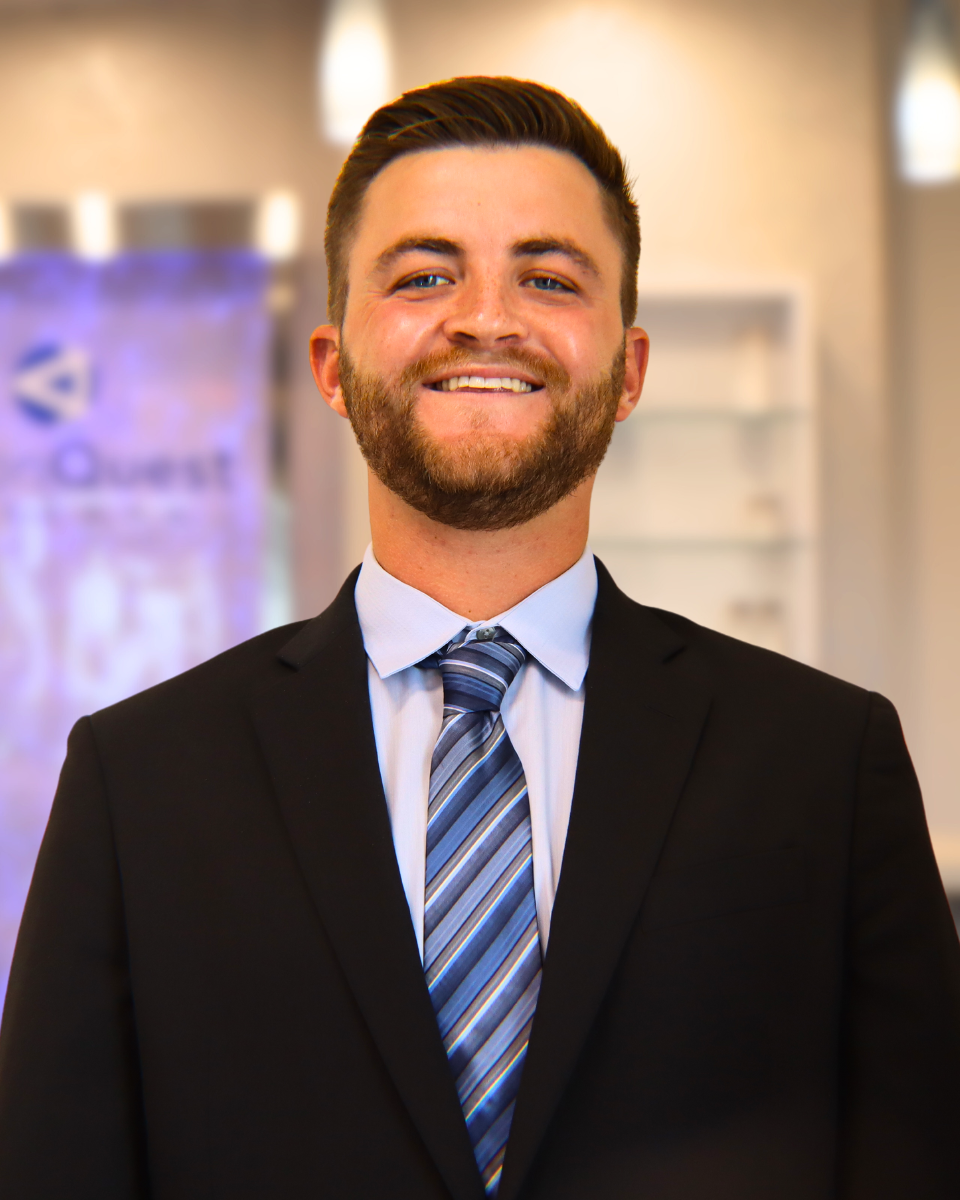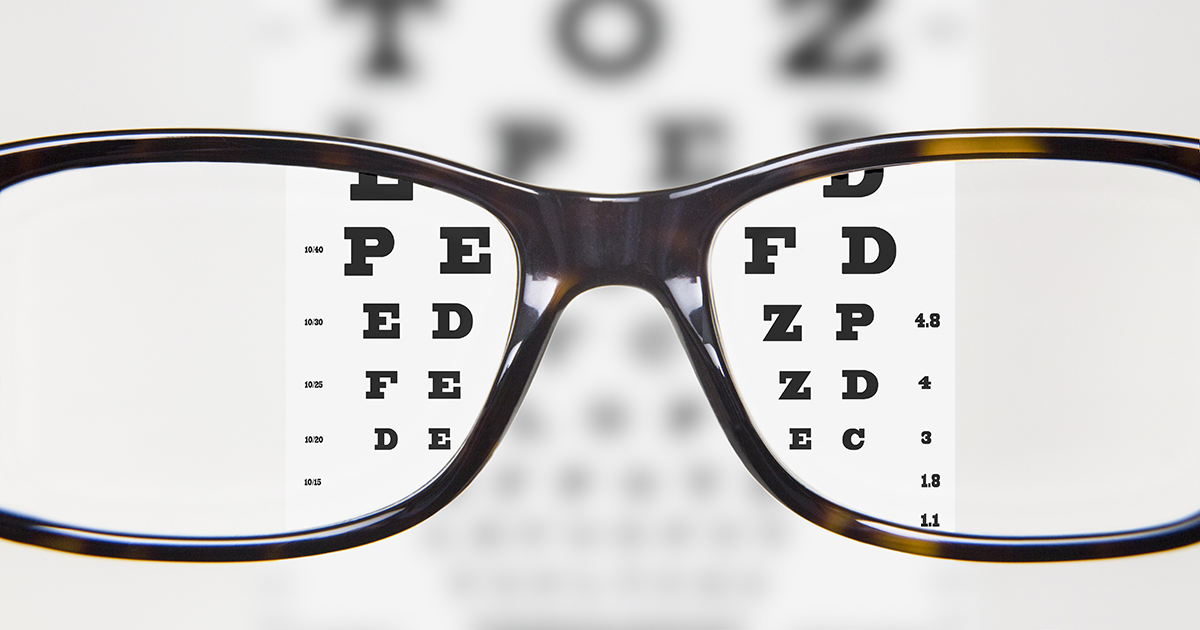To maintain healthy vision, adults ages 18 to 60 should have a comprehensive eye exam at least every two years. Kids under 18 and adults 61 and older should have annual exams, unless they are being treated for an eye condition that requires more frequent exams. A comprehensive examination by an eye doctor entails a thorough, dilated eye exam.
An alarming fact is that people tend to take minimal steps to take care of their eyes and vision in spite of fearing vision loss.
Eye health should be a priority the same as regular exercise and a healthy diet. It is also important to note that being examined by a physician is no substitute for an exam by an Optometrist or Ophthalmologist who possesses advanced training and skills in diagnosing and treating eye conditions.
Your Eye Health is Connected to Your Overall Health
The connection of eyesight to your overall health, independence, and quality of life is too important to be ignored. Much of the population’s sight loss is avoidable.
The early signs of eye conditions such as glaucoma and macular degeneration can easily be identified during an eye exam. During an eye exam, other health conditions can also be detected, such as diabetes and high blood pressure. Diabetes can have devastating health consequences and can lead to serious eye conditions such as diabetic retinopathy.
Just by looking at the blood vessels in the eye, an eye doctor can spot hypertension or high blood pressure. Early detection of high blood pressure can not only save your vision but save your life.
An eye condition called high intraocular pressure (IOP), or ocular hypertension is a condition where the pressure in your eyes, or your IOP is too high. Continuous high pressure within the eye can eventually damage the optic nerve and lead to bleeding in the eye, blurred vision, glaucoma, or permanent vision loss.
This is a great time to educate yourself about common eye problems and symptoms. Don’t use medical websites to self-diagnose. Consult with an eye doctor if you have any questions or if you notice any change in your vision.
To maintain healthy eyes, you should eat well, avoid smoking, and always wear eye protection on bright sunny days.
Benefits of a Healthy Diet
According to the AOA, adding certain nutrients to your daily diet will help preserve and maintain healthy vision. Researchers have linked nutrients such as lutein and zeaxanthin, vitamin C, vitamin E and zinc, to reducing the risk of certain eye diseases.
- Many studies show that lutein and zeaxanthin (found in green leafy vegetables and eggs) reduce the risk of chronic eye diseases, including macular degeneration and cataracts.
- We’ve all heard that carrots promote eye health, but there are many different foods that are good for your eyes beyond carrots.
- Be sure to include fruits and vegetables high in Vitamin C such as citrus fruits and cauliflower in your daily diet.
- Foods rich in vitamin E include peanut butter and salmon.
- Add more seafood and whole grains that are rich in zinc.
Avoid Smoking
- Smoking can cause itchy, watery eyes, which can be irritating. But even more significantly, smoking increases the risk for vision-threatening eye diseases such as macular degeneration and cataracts
- Smoking can also cause high blood pressure, which can cause serious eye damage.
- For those with diabetes, smoking could increase the risk of diabetic retinopathy, which leads to irreversible damage to the retina. It is the leading cause of blindness among U.S. adults (ages 20 – 74). Over 4.1 million Americans are affected by retinopathy.
- There is also evidence that women who smoke during pregnancy increase the risk of their baby being born with a visual impairment or eye disease that could affect their learning. Also, parents smoking around their children can lead to visual impairment as well.
At VisionQuest Eyecare, we value your eyes! Contact us to schedule an appointment today.

Dr. Bantz is a general eyecare optometrist with a focus on ocular disease and contact lenses at VisionQuest Eyecare. A graduate of Indiana University’s School of Optometry, Dr. Bantz received his undergraduate degree from Butler University. He specializes in eyecare for patients of all ages, as well as contact lenses.

